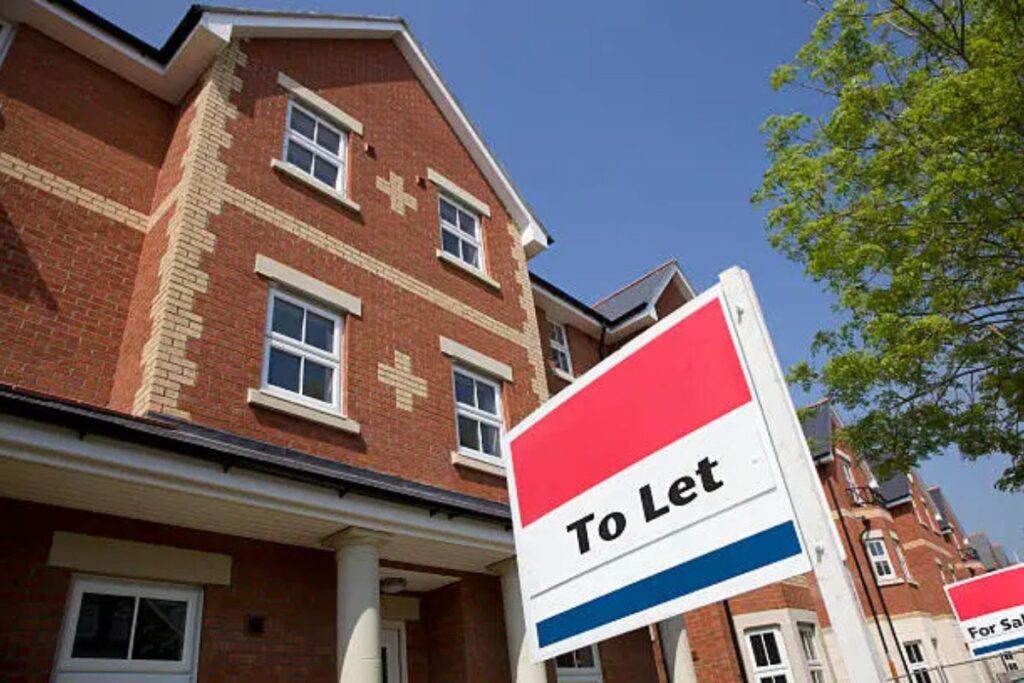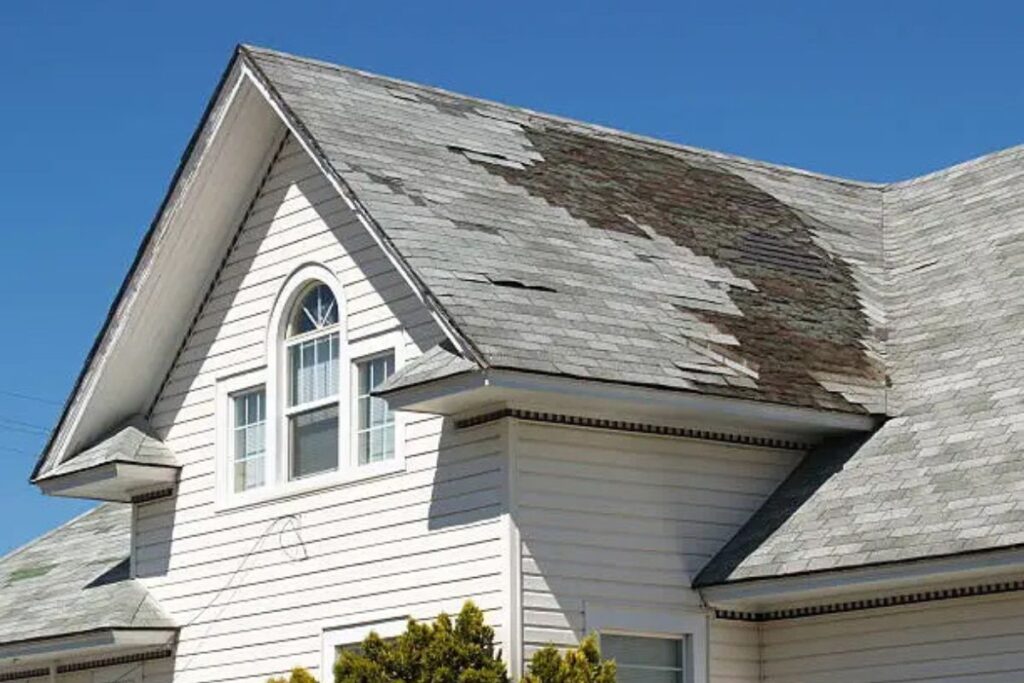Property ownership comes with its challenges, especially for freeholders. Freeholder insurance is a key tool for safeguarding the physical structure of your buildings and ensuring the appropriate coverage.
Whether you own a block of flats, a leasehold property, or manage multiple flats, understanding the nuances of freeholder insurance will save you both money and stress.
What is Freeholder Insurance?
Freeholder insurance is a specific type of buildings insurance policy tailored to protect freeholders who own or manage properties with more than one dwelling. It’s a form of buildings insurance that covers the physical structure of the property, including communal areas like exterior walls, roofs, and service pipes. Often, this type of insurance also extends to communal gardens and other shared spaces.

Many freeholders, especially those who manage blocks of flats, need freeholder buildings insurance to meet their legal obligations. Mortgage lenders often require such insurance policies to safeguard the property against risks like fire, flood, or accidental damage.
Why Freeholders Need Buildings Insurance
Being a freeholder means having responsibility for the entire building, not just individual flats. Freeholder buildings insurance offers protection not just for your property, but also for third-party liabilities. Accidents happen, and liability cover ensures that legal fees and claims for damages are covered.
For properties with joint freeholders, a joint freeholder building insurance policy is often more convenient. Instead of each freeholder purchasing individual policies, you will arrange a single comprehensive plan that covers the whole building.
What Does Freeholder Insurance Cover?
Freeholder insurance covers a wide range of risks, from natural disasters to third-party liability claims. Below are some key areas that freeholder buildings insurance policies typically cover:
1. Buildings Insurance
This is the core component, covering the structure of the building, including permanent fixtures like kitchens and bathrooms. Buildings insurance cover is vital for protecting your investment in case of events like fires, floods, or storm damage.
2. Liability Cover
It extends to legal fees and compensation if someone gets injured within the communal areas of the property. Freeholder buildings insurance often includes third-party liability cover, which is critical in shared living spaces.
3. Accidental Damage

Accidents are bound to happen, and freeholder insurance policies often include coverage for accidental damage to the physical structure of the property. It is particularly useful in cases where communal areas are damaged by tenants or visitors.
4. Alternative Accommodation
If the property becomes uninhabitable due to damage, freeholder buildings insurance will cover the cost of alternative accommodation for tenants. It’s important to have this option in place, especially if you own a block of flats with multiple tenants.
Managing Flats and Service Charges
Freeholders who manage multiple flats often deal with an annual service charge bill, which may include the costs of buildings insurance. Service charges help cover insurance, repairs, and maintenance of communal areas. It’s essential to ensure your buildings insurance cover includes adequate protection for both the structure and the residents.

Many freeholders also consider adding contents insurance or landlord insurance to their policy, which offers protection for the contents owned by the freeholder in the communal areas. Flats insurance cover may vary depending on whether you’re dealing with leasehold properties or freehold buildings.
Key Benefits of Freeholder Insurance
The benefits of having a freeholder insurance policy go beyond just compliance with legal requirements. A comprehensive policy ensures that you’re covered for any unexpected events. Here are some specific benefits:
1. Protects the Entire Building
Whether you own a single flat or a block of flats, freeholder insurance covers the whole building. It includes communal areas and shared spaces that would otherwise be expensive to repair or replace.
2. Single Excess for Claims
Unlike multiple policies for each flat, a freeholder buildings insurance policy often comes with only one excess, meaning you only pay one deductible if a claim is made for the whole building. It simplifies the claims process and reduces the overall cost of repairs.
3. Peace of Mind for Freeholders

Freeholders have legal obligations to ensure that their properties are safe and secure. Freeholder buildings insurance provides peace of mind by covering both the structure and liabilities that come with property ownership.
4. Tailored for Complex Properties
Standard home insurance policies are not sufficient for freeholders, especially for those managing a block of flats or leasehold properties. Freeholder insurance policies are designed specifically for such scenarios, ensuring that you have the appropriate insurance cover for multiple flats and shared spaces.
Choosing the Right Insurance Provider
When selecting a freeholder insurance provider, it’s essential to find a policy that fits your specific needs. Consider options that offer in-house claims teams, which will help you navigate the often complex claims process. Many providers offer policies that include terrorism insurance, liability insurance, and coverage for communal gardens.
Additionally, check if your policy includes property owner liability, which protects you against any legal claims made by residents or third parties. Some insurance providers also offer block cover for properties with more than one dwelling, which can simplify managing your insurance needs.
Understanding Buildings Insurance Policies
Freeholders need to understand the details of their buildings insurance policies to ensure full coverage. Many policies include clauses for accidental damage, alternative accommodation, and even terrorism insurance. Some freeholder insurance policies also cover communal areas like hallways, roofs, and shared parking spaces.

For those managing larger properties, flats buildings insurance may also be necessary. It ensures that each flat within the building is covered under one comprehensive policy, streamlining the insurance process and reducing overall costs.
Conclusion
Freeholder insurance is a must-have for anyone owning or managing a building with more than one dwelling. These insurance policies protect the structure, provide liability cover, and even offer alternative accommodation in case of emergencies. Freeholder insurance cover ensures that you’re well-prepared for any unexpected events, giving you peace of mind and a safety net for your property investment.
Freeholder buildings insurance cover simplifies property management and protects your entire building from a wide range of risks. By choosing the right policy, you will save on costs while ensuring your property is fully covered.
Frequently Asked Questions
What is freeholders buildings insurance?
Freeholders buildings insurance covers the physical structure and communal areas of a freehold property, ensuring protection against various risks like fire, flood, and accidental damage.
How does a property management company assist with arranging buildings insurance?
A property management company helps by arranging buildings insurance cover for freehold or leasehold properties, ensuring comprehensive protection for both the building and shared spaces.
Is freehold insurance necessary for freeholders managing a leasehold property?
Yes, buildings insurance for freeholders is essential even when managing leasehold properties, as it provides protection for the building structure and communal areas.
What factors should I consider when arranging freehold buildings insurance?
When arranging your insurance, consider the level of coverage, liability protection, and the specific needs of your freehold property, ensuring all risks are covered.
Images courtesy of unsplash.com and pexels.com













1 thought on “Freeholder Insurance: Protecting Your Property Investment”
Comments are closed.